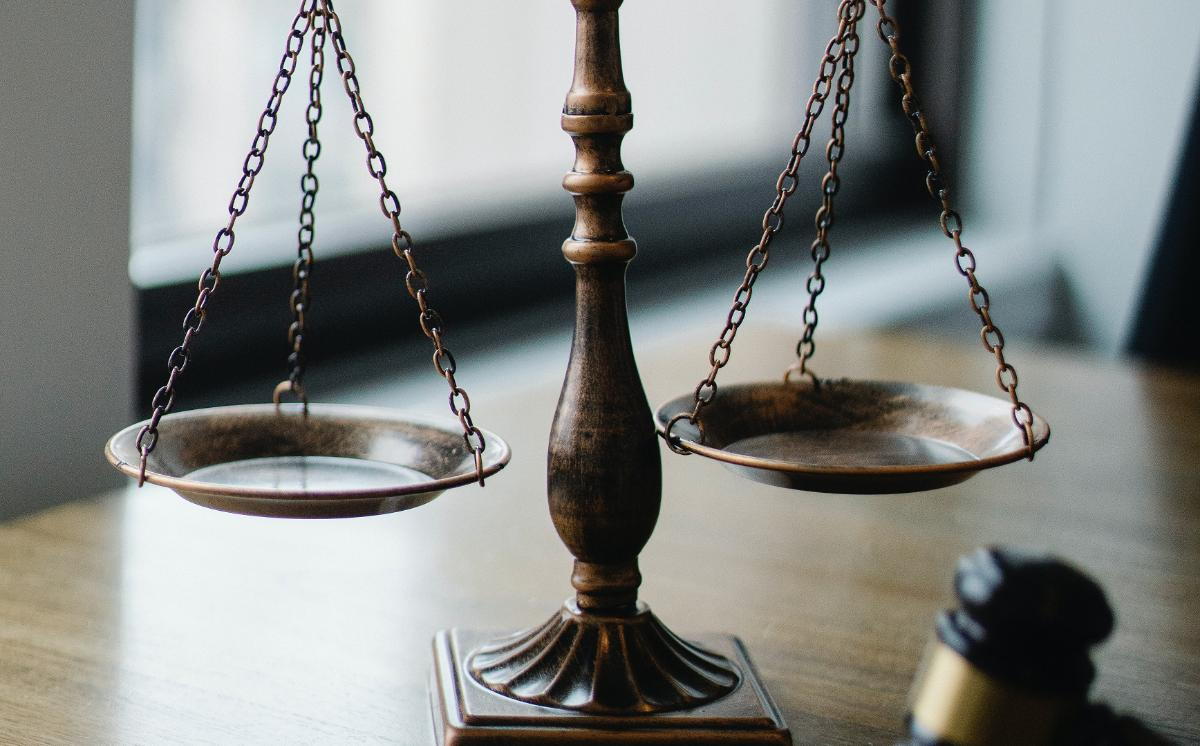
- posted: Jun. 02, 2021
While the courts and the legislature have made efforts to protect New York City’s residential tenants from landlord harassment, there are also what appear to be little-known, similar protections for commercial tenants as well.
"Non-Residential Tenant Harassment": Protections For Commercial Tenants
In 2016 Mayor de Blasio signed legislation prohibiting New York City landlords from engaging in “commercial tenant harassment.” The new law, titled “Non-Residential Tenant Harassment” became effective on Sept. 26, 2016 and is codified as NYC Administrative Code §22-902. As it has not received significant fanfare, there are even experienced landlord-tenant law practitioners who are unaware of this statute.
The statute prohibits commercial landlords from doing anything that is intended to harass the commercial tenant and cause the tenant to vacate the premises before the lease expires or otherwise prematurely. It prohibits various specified acts or omissions by the landlord (such as, but not limited to, use of force or threats of use of force; intentional interruption of essential services for any length of time; or conducting unnecessary construction or repairs at or near your premises) and provides in general that the landlord may not engage in any “repeated or enduring acts or omissions that substantially interfere with the operation of a commercial tenant’s business.”
How to Use the Law to Protect Your Commercial Tenant Rights
If you are like most commercial tenants, you likely have never heard of this statute. If you are dealing with an abusive landlord, it could prove to be invaluable to you, as its companion statute enacted in conjunction with it, codified as NYC Administrative Code §22-903, authorizes commercial tenants to bring a harassment case against its landlord and seek all available relief thereunder, such as a court order restraining the landlord from engaging in further acts of harassment against you and your clients and directing the landlord to ensure that no further violation occurs. §22-903 also allows the court to award “such other relief as the court deems appropriate, including but not limited to injunctive relief, equitable relief, compensatory damages, punitive damages and reasonable attorneys’ fees and court costs.”
With these statutory protections, whereas previously a harassed commercial tenant had two basic undesirable and mostly unproductive choices – withhold rent or vacate the space, that is no longer the case, and such tenants now have a private right of action against a harassing landlord.
Thus, if your landlord, either by its acts or omissions, is harassing you and interfering with your ability to effectively operate your business, consult an experienced attorney who can advise you of all your options.
Find Out How Our New York Law Firm Can Assist You
At Outerbridge Law P.C. in New York City, we provide experienced legal support to clients in a range of landlord-tenant matters. To arrange a consultation, please call us at 212-364-5593 or contact us online.


